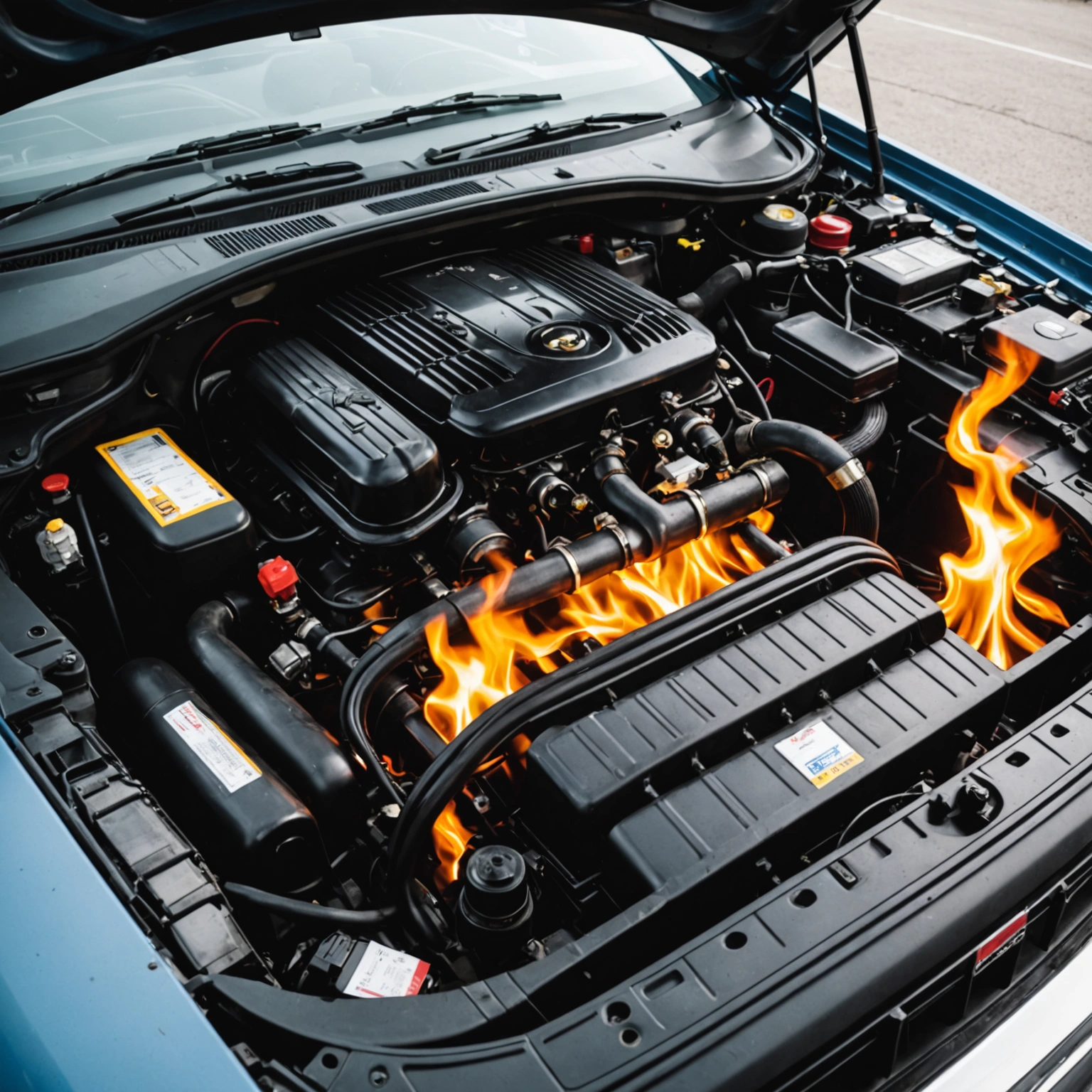**Understanding the Causes of Car Overheating Problems**
Experiencing your vehicle overheating can be stressful and potentially harmful to your engine. Recognizing the common causes of overheating can help you troubleshoot issues early and prevent costly repairs. Here’s an overview of the primary reasons your car might be running hot:

### 1. Low Coolant Levels
Coolant (or antifreeze) is essential for regulating your engine’s temperature. If the coolant level drops due to leaks or inadequate maintenance, the cooling system can’t effectively transfer heat away from the engine, leading to overheating.

### 2. Coolant Leaks
Leaks can occur in hoses, radiator, water pump, or the radiator cap. Continuous coolant loss reduces the system’s efficiency, causing the engine to overheat. Regular inspections can help detect leaks early.

### 3. Faulty Radiator
The radiator disperses heat from the coolant into the air. If it’s clogged, damaged, or corroded, it won’t dissipate heat effectively. A clogged radiator can cause coolant to overheat and circulate improperly.

### 4. Malfunctioning Thermostat
The thermostat regulates coolant flow based on engine temperature. A stuck closed thermostat prevents coolant from circulating, trapping heat and causing the engine to overheat. Conversely, a stuck open thermostat may lead to poor engine warm-up.
### 5. Water Pump Failure
The water pump circulates coolant throughout the engine and radiator. A failing pump due to a broken belt, worn bearings, or corrosion hampers coolant movement, resulting in heat buildup.
### 6. Cooling Fan Issues
Electric or mechanical cooling fans help dissipate heat from the radiator. If the fan motor is defective, the fan relay fails, or the fan switch malfunctions, airflow decreases, and overheating can occur, especially in traffic or at idle.
### 7. Blocked or Damaged Cooling System Components
Obstructions such as debris, rust, or mineral deposits can clog radiator passages or heater cores. Damage to hoses or other components can also impede coolant flow.
### 8. Head Gasket Failure
A blown head gasket can allow coolant to leak into the engine cylinders or external environment, leading to coolant loss and overheating. It can also cause white smoke from the exhaust and engine misfires.
### 9. Overloaded or Heavy Vehicle Use
Towing heavy loads, driving in mountainous terrain, or hot weather strains the cooling system. Excessive engine workload increases heat generation, which can overwhelm the cooling capacity if not properly maintained.
### Prevention and Maintenance Tips
– Regularly check coolant levels and top off as needed.
– Schedule routine cooling system flushes.
– Inspect hoses and radiator for leaks and damage.
– Ensure the thermostat and water pump function properly.
– Keep the radiator and cooling fans clean and free of debris.
– Address any warning signs, such as temperature gauge spikes, steam, or coolant leaks promptly.
**Conclusion**
Car overheating can stem from various issues, most of which relate to the cooling system’s integrity and operation. Regular maintenance, timely repairs, and attentive driving can help prevent overheating problems, ensuring your vehicle runs smoothly and efficiently. If your car begins to overheat, it’s best to stop driving and seek professional assistance to diagnose and fix the underlying cause.

